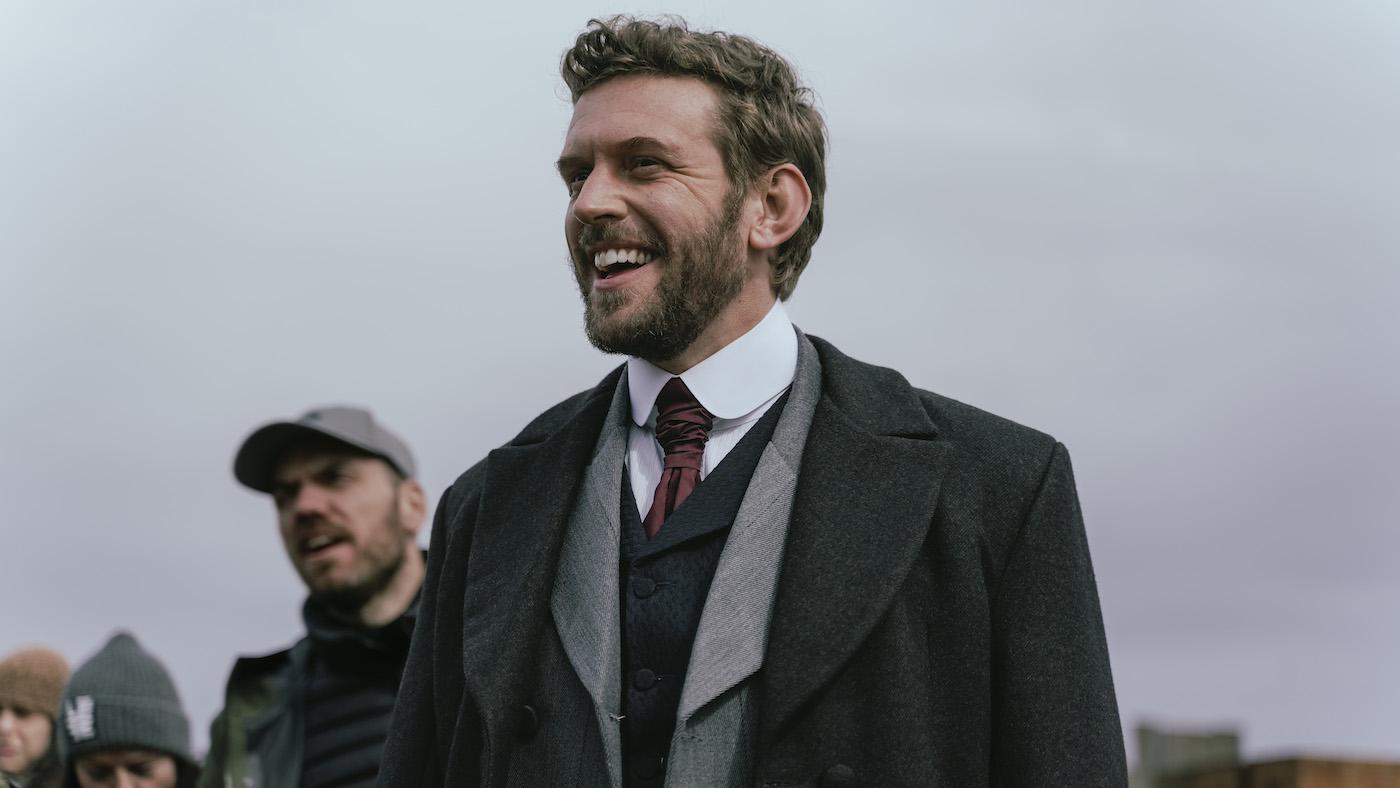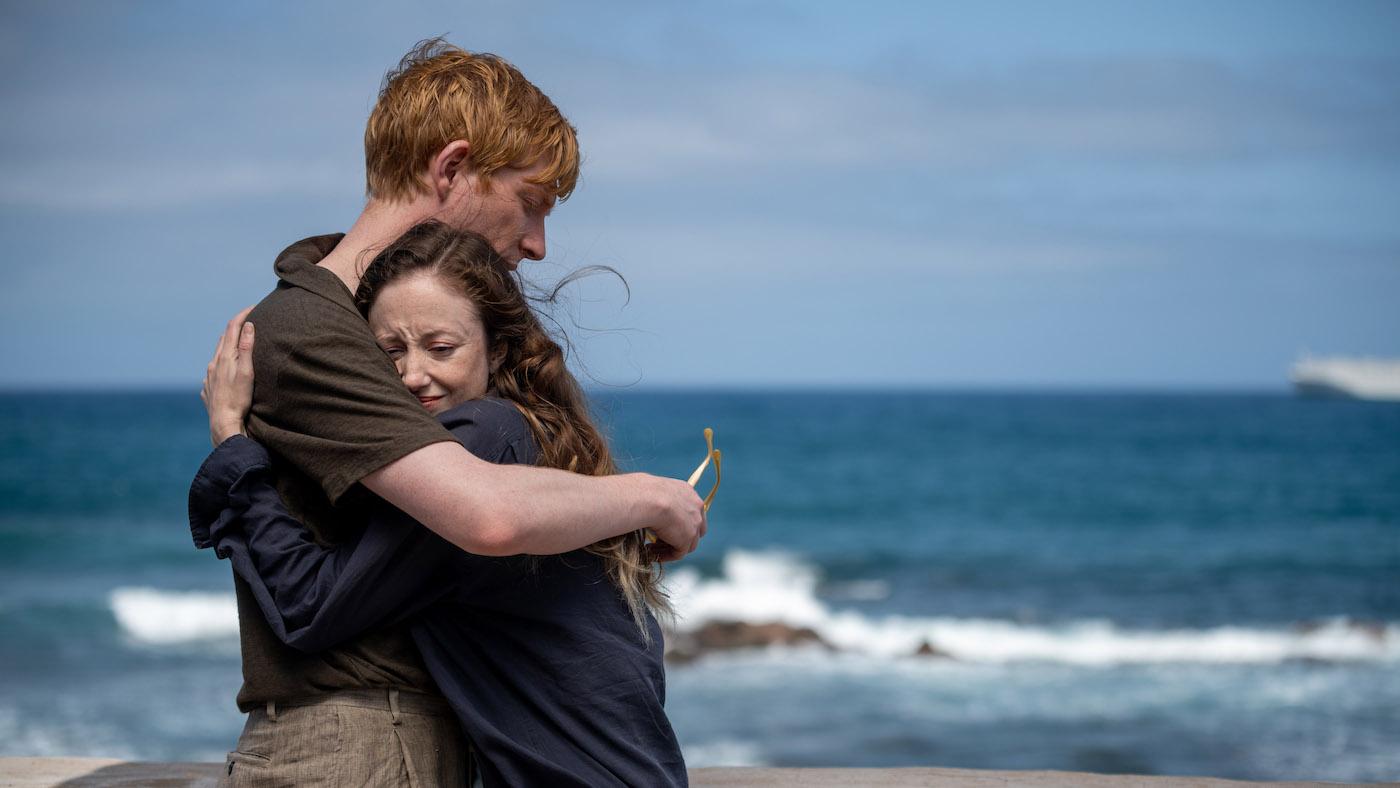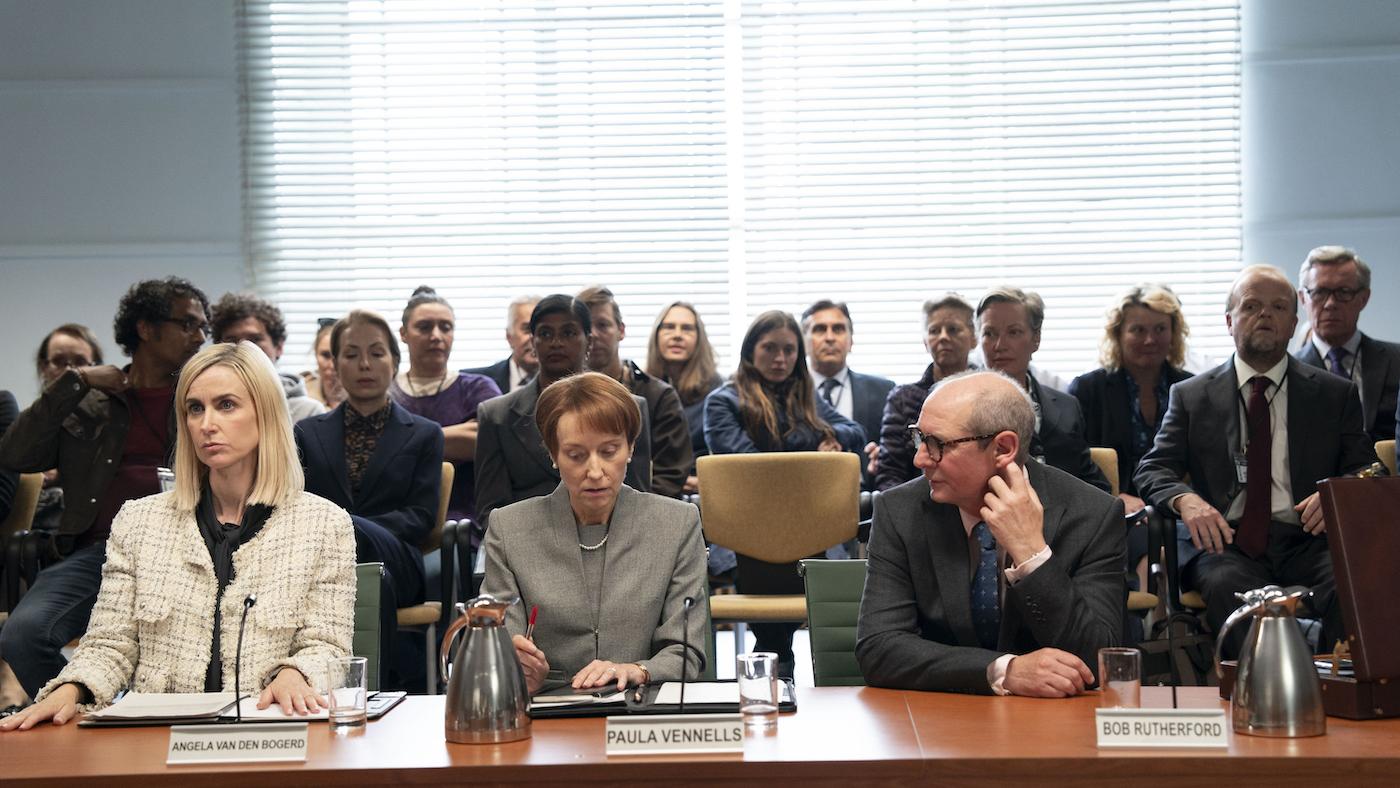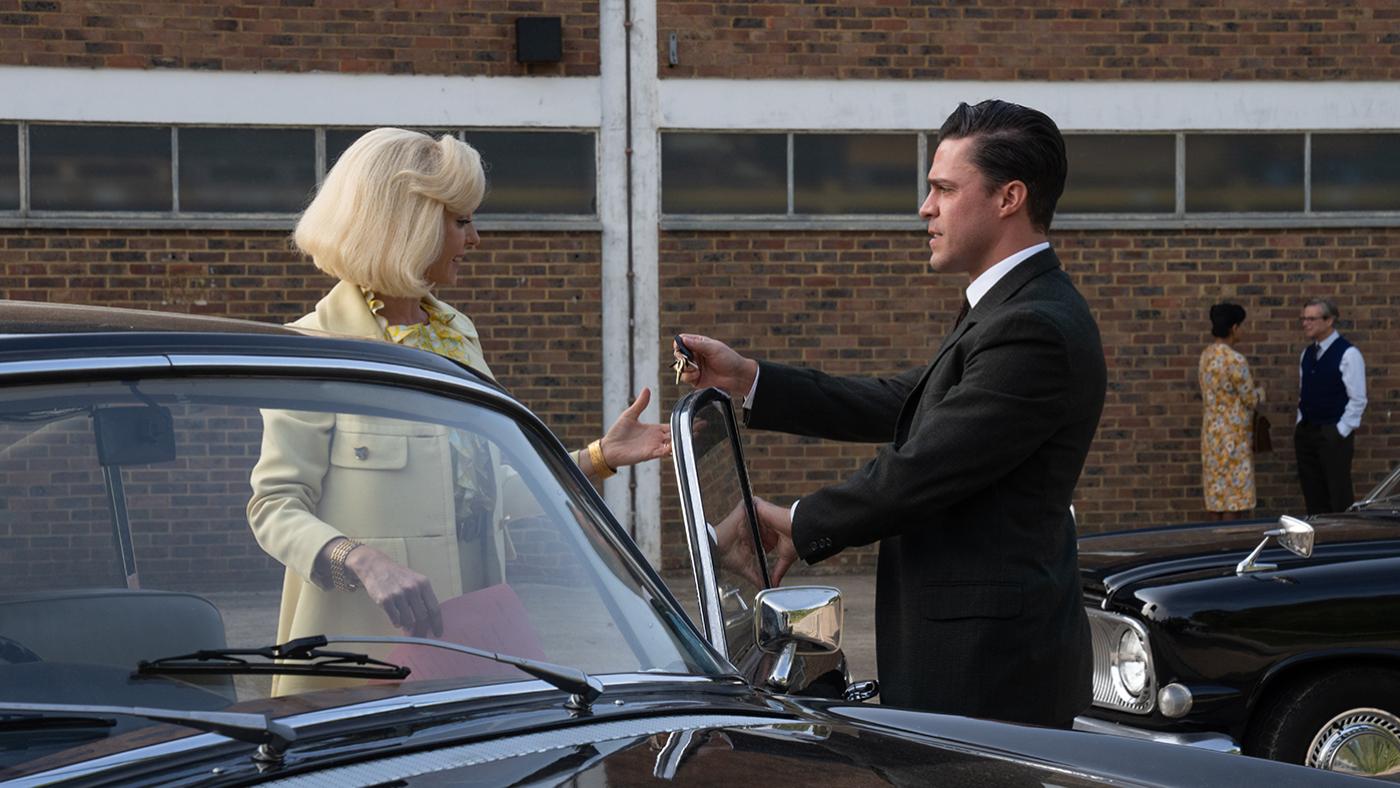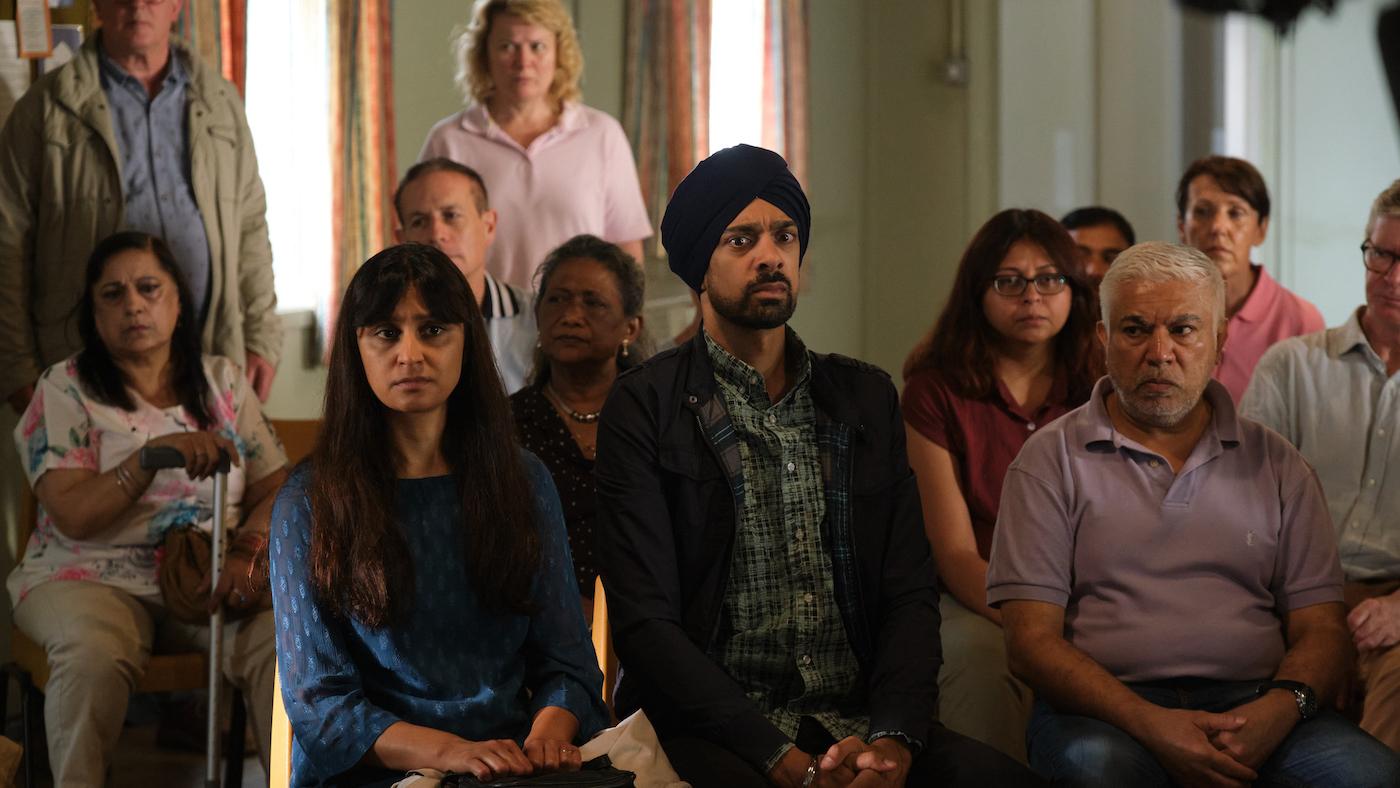'The Long Song' Recap: Episode 2
Daniel Hautzinger
February 7, 2021
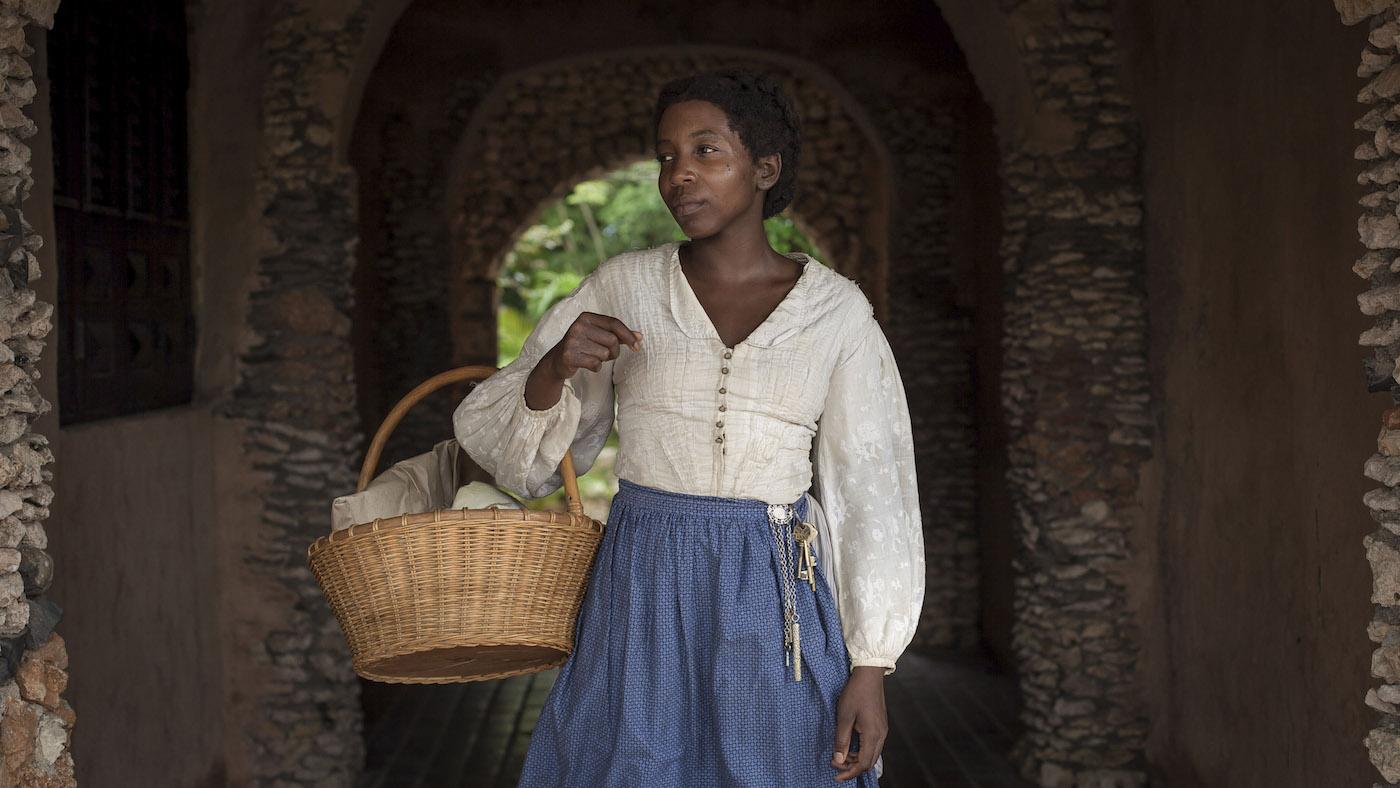
The Long Song airs Sundays at 9:00 pm and is available to stream. Recap the previous and following episodes.
Celebrations over the end of slavery are breaking out across Jamaica. And yet: while slaves in the British Empire are now free, their former owners are to be compensated while the freedmen receive nothing. Furthermore, the freedmen’s houses are owned by the people on whose land they labor—even though the freedmen built their dwellings themselves—so they must continue to work in the fields for wages to pay rent.
Freedmen are now free to leave, at least, and several have. Caroline tells July that she has a good, “protected” life, however, so why would she leave? Where would she go? Caroline has even taught July to read and write, to take care of the accounts of the plantation. Caroline still calls July “Marguerite.”
But there is a new overseer with antipathy towards slavery. Robert Goodwin is concerned with the wellbeing and lodging of the fieldworkers, to Caroline’s surprise. His father is a minister who sent him to Jamaica to help dispel the evils of slavery. Yet his attitude is still paternalistic. Addressing the fieldworkers, he tells them to “prove you’re worthy of the kindness shown to you,” to their disgust.
He is unmarried and handsome, so Caroline sends July—through a downpour—to invite him for a beef dinner. July finds Robert frantically ordering a worker to catch and kill cockroaches. As the worker leaves, Robert speaks kindly to July, learning her real name and vowing to call her by it. He gives her an umbrella for the walk back to the great house.
While running errands in town, July runs into a mulatto woman who gloats about her status and new marriage to a white man. As Robert pulls up in a carriage and offers July a ride back to the plantation, she hatches a plan.
She tells Robert that her father was from Scotland and praises her mother. When she mentions that both parents died in the Christmas rebellion—eliding the fact that Kitty killed Tam to save July—Robert acts tenderly towards her. Robert offers to show her a book about Scotland. Caroline witnesses it all.
July dresses up to visit Robert and look at his Scotland book. The meeting quickly turns intimate, and they kiss—but Robert pulls back before they go any further. His father has always castigated white men who take advantage of “Negroes,” and Robert will not give into temptation. He asks July to leave: “You’re too beautiful, too good,” he says.
He avoids the great house for weeks, but leaves the book for July, with a pressed flower inside. Finally, Caroline forces the issue and surveys the fields with him, swooning into him. Later, he waits amongst trees to speak to July clandestinely, telling her that he loves her and has a plan.
And yet: when July returns to the great house, Caroline is ecstatic. She’s to marry Robert. His father has been urging him to marry and start a family. Marrying July would break his father’s heart.
Robert’s plan? On his wedding night, he goes to sleep with July, leaving Caroline lonely and devastated in their marital bed. Caroline is silent the next day when July brings her breakfast, and when Robert tells her he must attend to work. She screams after they both leave.
Robert continually excuses himself from spending evenings with Caroline, begging work. He includes July in a portrait of him and Caroline. He reads at supper with Caroline. He eventually tells Caroline to call “Marguerite” by her true name. But inviting July to sit at table with them is a step too far for Caroline. In private, he tells July that she is his “true wife.”
July soon gives birth to a girl. They name her Emily, after Robert’s mother.
The harvesting has been slowing down, as workers leave the plantation and the freedmen demand better treatment. As Christmas approaches, Robert asks the fieldworkers, all those age 10 or older, to work seven days a week lest the crop rot in the field. But the workers have been planning to visit their families over the holiday, and demand just five days a week of work. Robert threatens to withhold wages if they won’t work seven days, and calls one of the leaders, James, “boy.”
As Robert walks away, James tells July, who has been watching with Caroline, to warn Robert not to push the fieldworkers. He’s no different from any other white overseer, he says, but July defends Robert.
Later, she asks Robert to be kind and prove that he’s different from all the white masters who lied and mistreated the workers. So Robert tries to talk to workers individually, promising that they can have time off to visit their families as soon as the crop is harvested, after Christmas. The fieldworkers begin laughing at Robert and singing a Christmas song. He storms away fuming, nearly leaving July behind.
Caroline disparages “Negroes” to July as they watch Robert pace outside that evening. July tries to encourage Robert to come see Emily, but her entreaties fall on deaf ears. I’ll make them beg to work for me, Robert says ominously.

